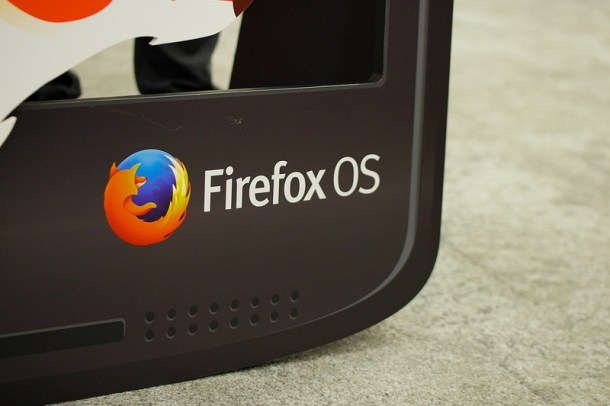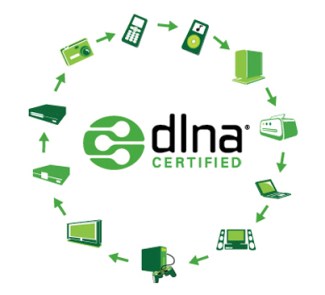The importance of free software isn't limited to technology; the open-source movement is evolving to include more areas of our lives.
The basic definition of open source is a program for which the source code of a program can be freely downloaded, used, modified and redistributed by anyone. Open-source applications are usually available free of charge, but this doesn’t mean that the creators can’t charge for them if they want to.
There is a minor philosophical difference between the concept of free software and open source; The Free Software movement, which has been led by Richard Stallman for many years, has an ethical and moral tone and is aimed mainly at the freedom that users are given, while not all open-source projects conform completely with these philosophical guidelines. Supporters of open source are more pragmatic and their reasons for using the model are based on the practicality of using this type of software, and on how this can be good for business.
A world of open-source code
The open-source model could be and should be applied to all types of research and development, not just software. If the scientific world adopted an open model, it would save redundant processes and costs, and would accelerate the process towards achieving results.
There is a very true analogy that compares open-source code to recipes passed down over generations in the same family. For example, cooks or chefs are free to follow the recipe, or change it and adapt it as they see fit, including their own ideas, passing it on to their friends, and improving it over time. The main goal of open source is common benefit.
This type of principles are essential for innovation; ecosystems that remain completely closed tend to progress more slowly. There are clear examples of how open development and the implementation of open-source models can lead to success and serve as an inspiration at many levels.
The success of open source
The stories of Linux, Firefox, Wordpress, Wikipedia are just a few that are the most widely known, and are based on the simple idea that their source code must be available for anyone to use it, change it or redistribute it freely. If the right organisational model is followed, it is possible to trust that the masses will know not only how to take advantage of the freedom that is inherent in the open model, but will also be able to collaborate transparently to improve any industry or service, and seek the common good.

When many people contribute to a single purpose, everyone benefits. The philosophy of transparency and collaboration puts control in the hands of the people, and encourages them to offer open content on open platforms, extending beyond technological areas. If we want to solve a problem, having access to the source is the best way to attack it.
Many of the most successful companies in the world attribute at least a certain part of that success to open-source platforms: Amazon uses Apache as its web server, large parts of Yahoo! are built on Linux, FreeBSD and Apache, written in PHP and Perl; Google has based its Android mobile operating system entirely on Linux; Mozilla developed Firefox, one of the most widely used browsers in the world for years. And it has now created a new operating system for mobiles that is totally open and full of potential: Firefox OS, a large open source project that gives life to medium- and low-end terminals that have not received the best of existing software , that is supported by Telefónica to bring it to users around the world who are anxiously waiting for it.
The flexibility of free software helps reduce costs in many ways and accelerates development of projects by having fewer restrictions than projects that use closed models. In the end, freedom is important for users, developers and companies, and at the same time, society can adapt the model to make culture flourish, and scientific research can achieve results faster, which will benefit humanity as a whole.
[youtube]http://www.youtube.com/watch?v=fch9WjHjAXI[/youtube]









